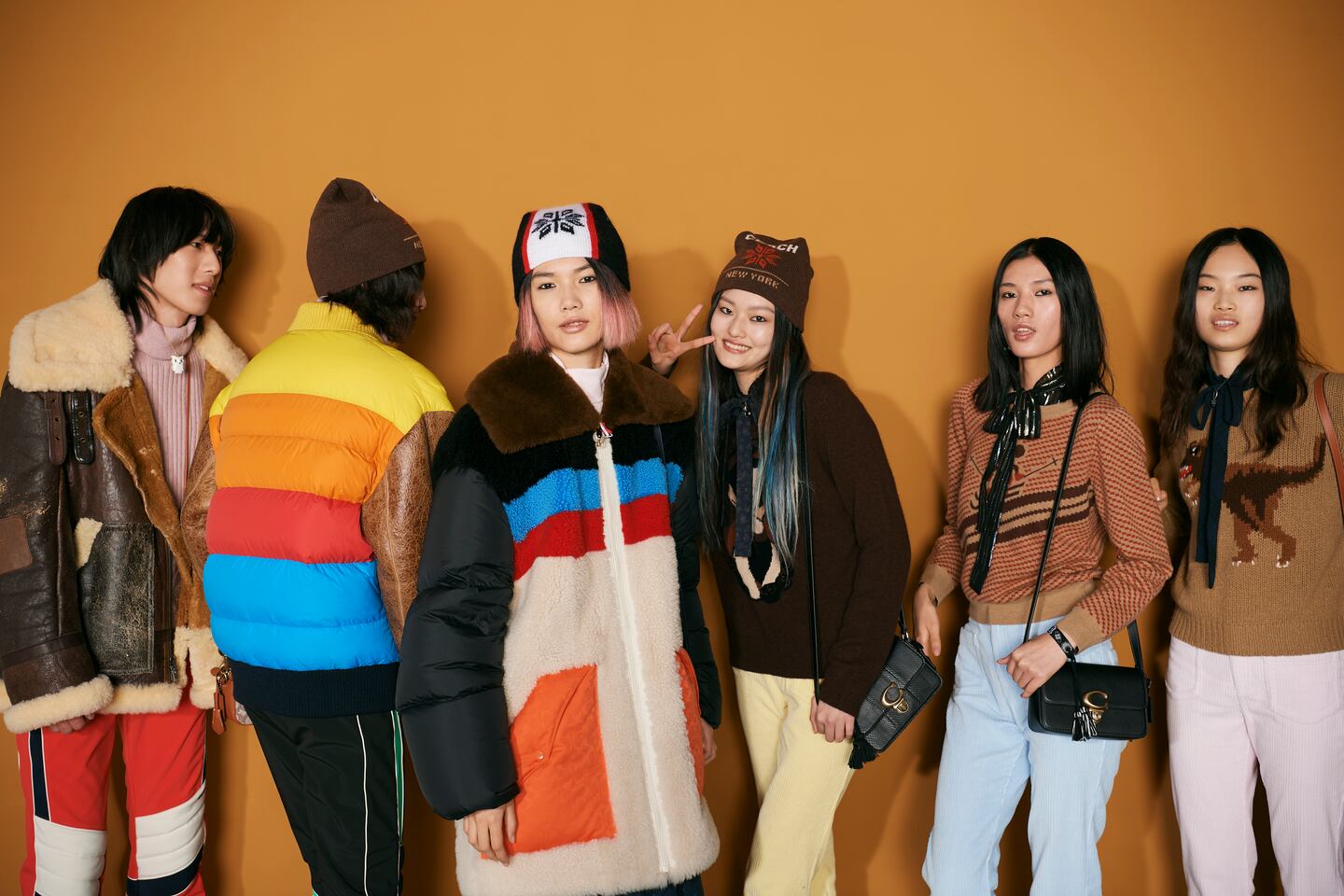
The Business of Fashion
Agenda-setting intelligence, analysis and advice for the global fashion community.

Agenda-setting intelligence, analysis and advice for the global fashion community.

Coach’s parent company Tapestry is finding success by targeting what it sees as a new “white space” in the market: wealthier customers.
In recent years, luxury brands like Chanel and Louis Vuitton have raised their prices while Coach’s largely stayed the same. But the label is starting to move upmarket, with newer bags like its Studio shoulder style costing more than many of its past releases.
“Because our quality, our value, the brand heat is there — our consumer is giving us a way to be more fulsome in our pricing,” said Todd Kahn, Coach’s chief executive and brand president, in an interview.
The Studio bag is priced at $450in the US market, while most of Coach’s bags hit in the $200 to $300 range. Kahn said it was a strong candidate for a higher price point because the company expected the shape of the design to be particularly appealing in the Chinese market.
ADVERTISEMENT
“That is a great illustration of how our teams have leveraged our knowledge of the customer in the market,” said Tapestry chief executive Joanne Crevoiserat, referring to the Studio bag. She added that that the company is 90 percent direct to consumer and is using data more often to inform product development and inventory allocation.
These strategies are working. Coach registered its tenth quarter of average unit retail (AUR) increases in the three months ending October 2, 2021, the company reported on Thursday. Tapestry delivered ahead of expectations on its top and bottom line and raised its forecast for annual revenue in the year ending June 2022 to $6.6 billion from its previous estimate of $6.4 billion.
In the quarter, Tapestry’s portfolio, which is dominated by Coach but also includes Kate Spade and Stuart Weitzman, saw revenue grow 26 percent, year-over-year, to $1.48 billion, a 9 percent increase compared to 2019. The growth was driven by digital sales, up 50 percent year-over-year, as well as a 40 percent jump in the North American region and a 25 percent jump in Mainland China.
Coach is seeing the strongest recovery, but the company said AUR is up at Kate Spade and Stuart Weitzman too, though both of those brands have yet to recover to pre-pandemic levels.
Learn more:
Can America’s Fashion Giants Get Their Mojo Back?
Accessible luxury brands like Coach and Michael Kors radically changed their approach to everything from logos to discounting to regain their old cachet with consumers. It’s working, but for how long?
Canada, France and Ireland are among the countries working with home-grown fashion talent to create uniforms for their teams at this summer’s Olympic Games. For these small labels, it’s an unprecedented opportunity to capitalise on one of sports’ largest events.
The online fashion retailer plans to update China’s securities regulator on the change of the initial public offering venue and file with the London Stock Exchange as soon as this month, a person with knowledge of the matter said.
The company, under siege from Arkhouse Management Co. and Brigade Capital Management, doesn’t need the activists when it can be its own, writes Andrea Felsted.
As the German sportswear giant taps surging demand for its Samba and Gazelle sneakers, it’s also taking steps to spread its bets ahead of peak interest.